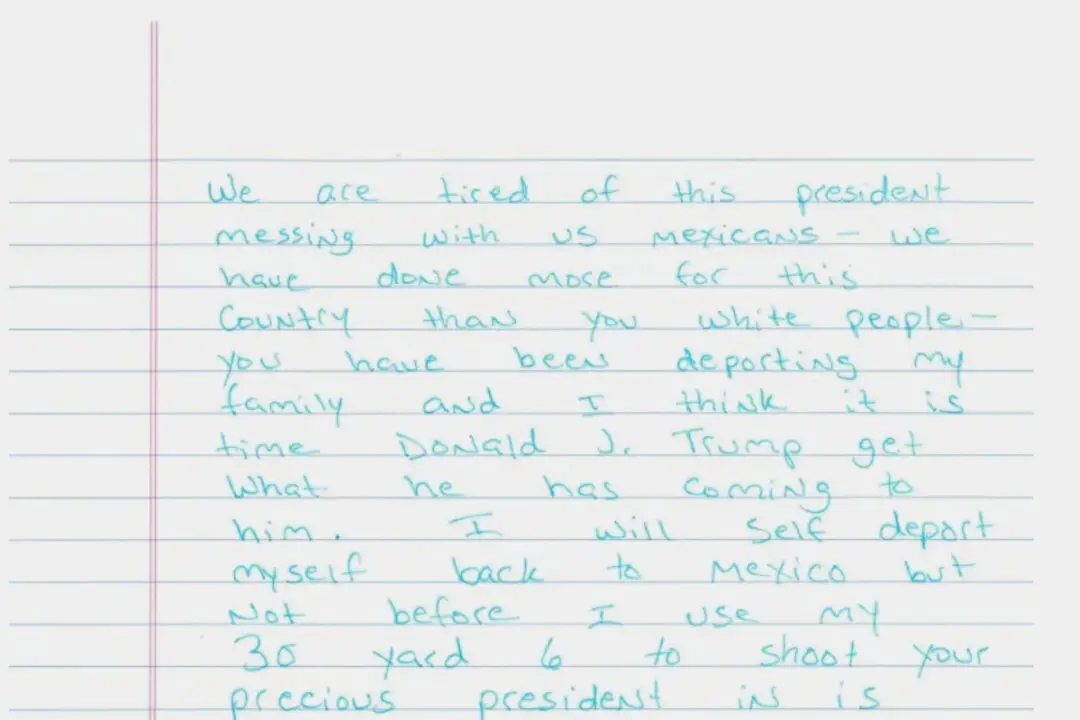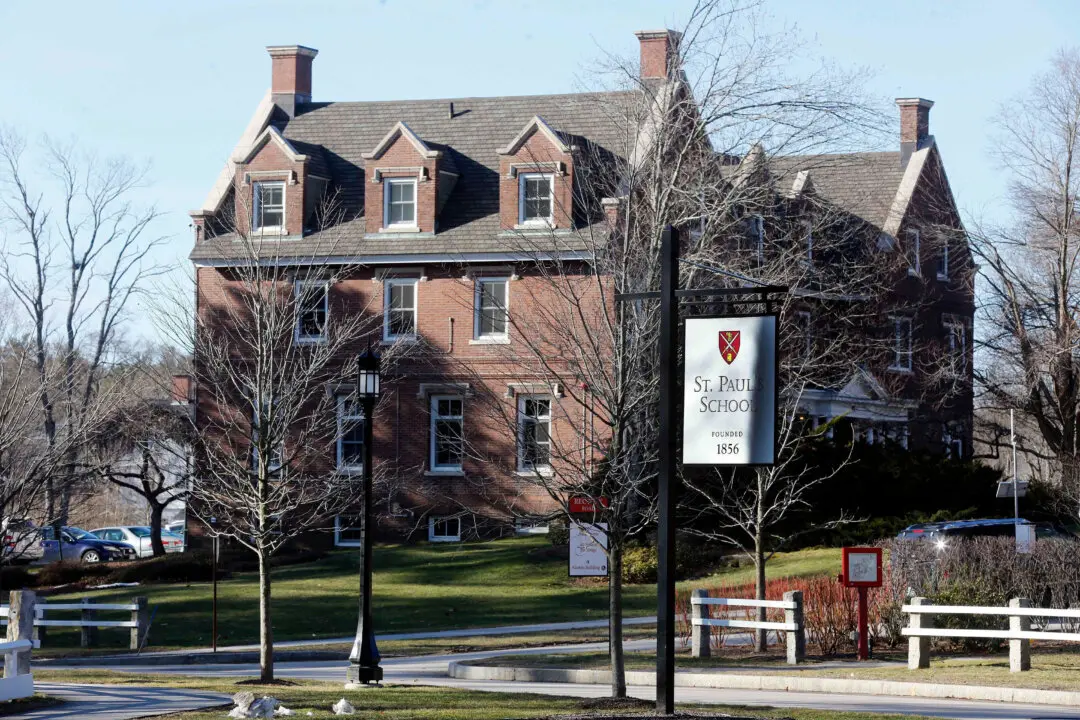A Taiwanese human rights activist who served five years in jail in China said that international pressure and the tireless advocacy by his wife worked to ensure his safe return to Taiwan.
“With your help, I know that I was not excessively abused in China and was able to return home successfully after I was released,” Lee Ming-che said and thanked those involved in his rescue at a press conference Tuesday in his first public appearance since his release.





